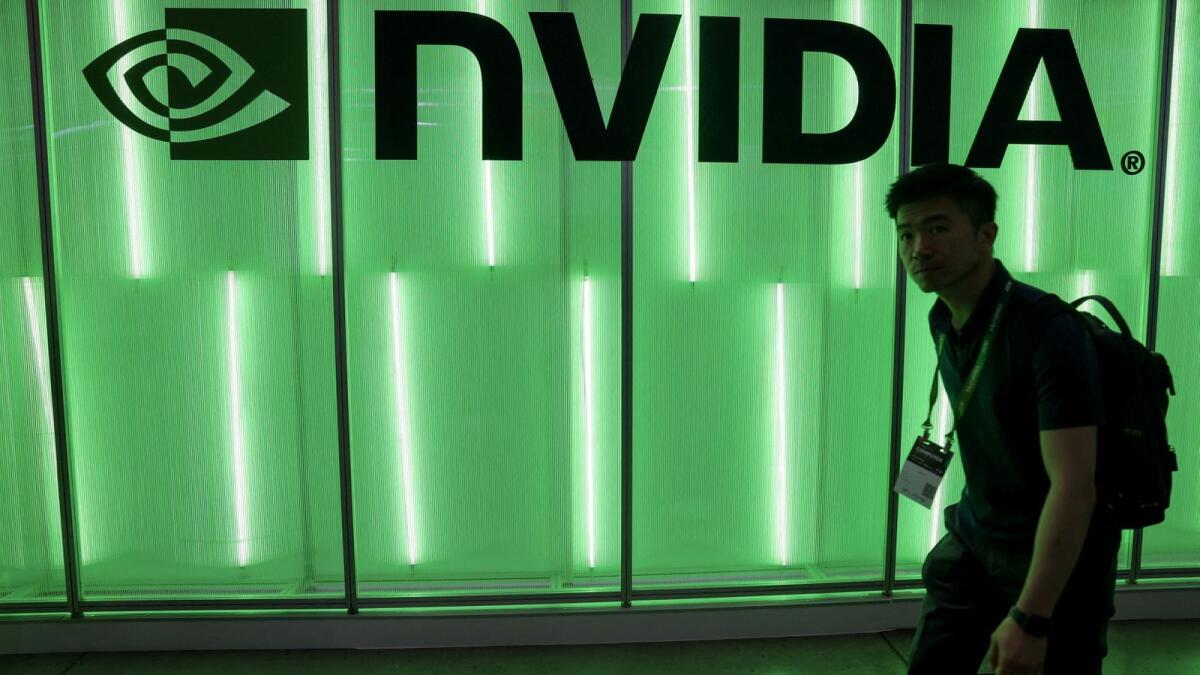Google and Microsoft’s cloud divisions are providing Chinese companies access to Nvidia’s AI chips by offering data center services in locations outside China, as reported by the Information. This move comes amidst the Biden administration’s efforts to prevent Chinese firms from using US technology for artificial intelligence, raising concerns about security in the sector. Microsoft, Alphabet, Nvidia, and the Department of Commerce have not yet responded to requests for comment on the matter.
In response to the security concerns raised by the Biden administration, cloud companies may soon be required to determine whether foreign entities are accessing data centers in the United States to train AI models. US Commerce Secretary Gina Raimondo announced this proposal in January, signaling a shift in regulations surrounding the use of advanced technology in AI development. Microsoft is reportedly offering server rental services, including Nvidia’s A100 and H100 chips, to Chinese customers through data centers located outside of China. Google, on the other hand, allows customers in China to use servers based outside the mainland and believes that its offerings comply with US export controls.
The expansion of access to Nvidia’s AI chips to Chinese companies through Google and Microsoft’s cloud services highlights the global dynamics at play in the AI industry. As AI technology continues to advance rapidly, it has become a vital tool for companies in various sectors, prompting increased competition among nations to secure a leading position in AI development. By allowing Chinese firms access to Nvidia’s AI chips, Google and Microsoft are tapping into a lucrative market while navigating complex geopolitical considerations.
The collaboration between Google, Microsoft, and Nvidia also reflects the interconnected nature of the technology industry, where partnerships and alliances are essential for driving innovation and growth. By leveraging Nvidia’s cutting-edge AI chips, Chinese companies can enhance their AI capabilities and competitiveness in the global market. However, such collaborations also raise questions about data security, intellectual property protection, and compliance with export regulations, which must be addressed to ensure a secure and ethical use of AI technology.
The implications of Google and Microsoft’s partnership with Nvidia go beyond the realm of AI development and extend to broader discussions about technology transfer, intellectual property rights, and national security. As AI becomes increasingly integrated into various industries, the need for stringent regulations and oversight becomes paramount to prevent misuse and protect sensitive information. The Biden administration’s efforts to regulate the use of US technology in AI development underscore the importance of balancing innovation with security in the rapidly evolving tech landscape.
In conclusion, the collaboration between Google, Microsoft, and Nvidia to offer Chinese companies access to AI chips through cloud services represents a significant development in the global AI industry. As technology continues to drive economic growth and innovation, companies and governments must navigate complex geopolitical and security challenges to ensure a responsible and ethical use of AI technology. By fostering collaboration and dialogue among industry stakeholders, we can harness the transformative power of AI while addressing critical issues surrounding data privacy, security, and international cooperation.










